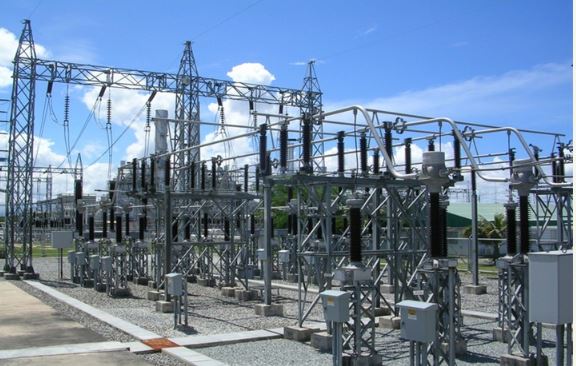
The national power grid lost 1,770 megawatts in two days as generation fell below the 3,000MW mark on Friday, the latest data obtained by our correspondent on Saturday revealed.
The total available electricity generation fell to 2,938.5MW as of 6am on Friday from 4,708.3MW on Wednesday.
Data from the Nigeria Electricity System Operator, an arm of the Transmission Company of Nigeria, revealed that generation peaked at 4,806.8MW on Thursday.
The system operator put Nigeria’s installed generation capacity at 12,910.40MW; available capacity at 7,652.60MW; transmission wheeling capacity at 8,100MW; and the peak generation ever attained at 5,375MW.
The country generates most of its electricity from gas-fired power plants, while output from hydropower plants makes up about 30 per cent of the total.
The Executive Secretary, Association of Power Generation Companies, the umbrella body for the GenCos, Dr Joy Ogaji, told our correspondent that the limitations of the transmission and distribution networks as well as a lack of payments to Gencos were responsible for the drop in generation.
Government-owned Nigeria Bulk Electricity Trading Plc buys electricity in bulk from Gencos through Power Purchase Agreements and sells to the distribution companies, which then supply it to the consumers.
The Federal Government, in March 2017, approved N701bn payment assurance guarantee by the Central Bank of Nigeria to help Gencos meet gas payment obligation starting from January 2017 to December 2018.
Ogaji said, “The guarantee has ended. Up till now there is no plan for payment to Gencos, apart from the 26 per cent the Discos are paying. Gas suppliers are not ready to accept 26 per cent payment for the gas they sell to Gencos.”
She said some Gencos had to get loans to pay for gas supply.
She added, “But the transmission network is not available to take all the power generated by Gencos. The TCN claims it can wheel 8,100MW but we know it can sustain 4,500MW.
“The rainy season is approaching, a lot of the networks are very weak. We will see a further drop in generation as the rains start because the transmission and distribution networks are very bad.”
The TCN, which manages the national grid, is still fully owned and operated by the government. The grid collapsed five times in the first two months of the year, according to the company.
You may be interested

Arsenal Equal Chelsea’s London Derby Feat After 5-1 Win Vs Palace
Webby - December 21, 2024Arsenal equaled Chelsea’s London derby achievement following their 5-1 win against Crystal Palace in Saturday’s Premier League game at Selhurst…

Haaland Backs Guardiola To Turn Man City’s Poor Form Around
Webby - December 21, 2024Erling Haaland had said he and his Manchester City teammates are still backing manager Pep Guardiola to turn the team’s…

PSG To Reignite Interest In Osimhen
Webby - December 21, 2024Paris Saint-Germain have contacted Napoli to discuss signing Victor Osimhen in January, according to reports in France.It is reported that…

















![American Pastor, David Wilson Seen Eating The Box Of Woman Who Isn’t His Wife [Video]](https://onlinenigeria.com/wp-content/uploads/2019/10/american-pastor-david-wilson-seen-eating-the-box-of-woman-who-isnt-his-wife-video-150x150.jpg)









